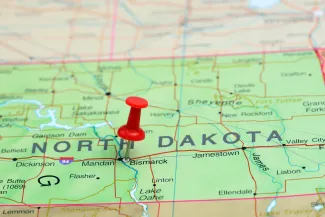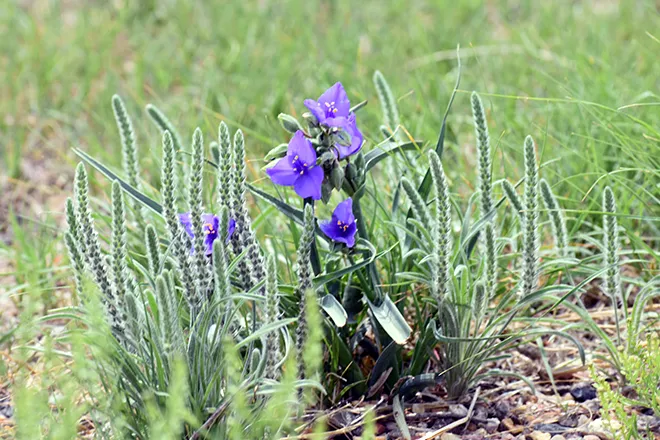
North Dakota chosen for 'climate smart' farming pilot project
Click play to listen to this article.
(Prairie News Service) North Dakota is one of four states chosen for a federally funded pilot program to spur more interest in farmers to reduce their carbon footprint.
Through a USDA grant, the Alliance to Advance Climate-Smart Agriculture will offer farmers and ranchers in the selected states $100 an acre or animal unit to implement conservation practices, such as cover crops and no-till farming. The federal government has longstanding cost-sharing programs for these efforts, but it's not easy for all producers to get approved.

Matt Perdue, government relations director with the North Dakota Farmers Union, said this new approach aims to connect with a diverse pool of applicants.
"It is a more streamlined process, it's a simpler program," he explained. "Producers will be selected through a random algorithm instead of a complex scoring process. And so, there are ways there that we're going to improve access for producers to this program."
Officials say 40 percent of the project's nationwide enrollment must come from under-served, socially disadvantaged or limited-resource farms. A 2021 report from the Institute for Agriculture and Trade Policy noted there were nearly 900 applications for the federal Conservation Stewardship Program in North Dakota, but only 14 percent of applicants were awarded funds.
The North Dakota Farmers Union is the state lead on the project, and Perdue said getting even more farmers to become good stewards of their land benefits residents all over.
"Not just by carbon sequestration potential, but also by improvements to water quality, to erosion control," he continued.
Conservation experts say improving soil health helps farmland absorb more water from heavy rains, which could help make surrounding communities less prone to flooding.
The pilot program is scheduled to run for three years and is limited to 160 acres or animal unit per farmer, for a maximum payout of $16,000 annually.
















